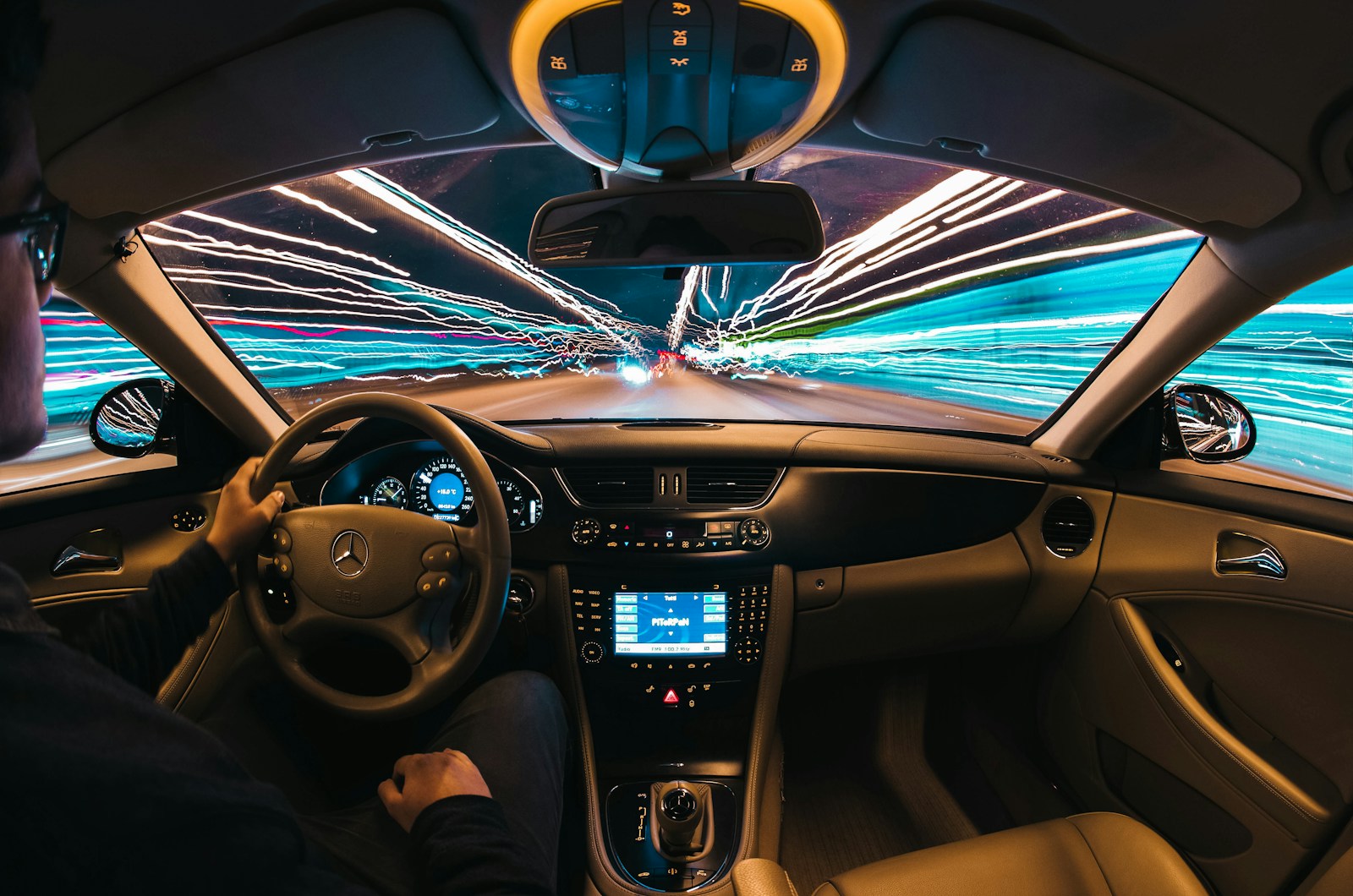Automobile

Automobile Law firm in India
King, Stubb & Kasiva is a comprehensive law firm that boasts a team of proficient lawyers with an extensive understanding of various aspects of automotive industry in India. The firm is regarded as one of the finest Automotive law firms in India, offering services that cover the entire stages in the lifecycle, backed by a proven track record and broad technical expertise. With almost two decades of experience, we have been supporting our clients in safeguarding, exploiting, and managing their technology and assets in India and across the globe.
The automotive industry is a complex and rapidly evolving sector, and involves several parties in the supply chain, which can result in complex issues concerning liability and cost-benefits. To address these challenges, it requires a mature approach that combines technical and legal expertise. At King Stubb and Kasiva, we have an experienced team of mechanical and automotive engineers who are specialized patent attorneys, enabling us to offer valuable advice on patenting and design issues, product safety, connectivity, and supply chain protocols. Our dedicated techno-legal team is responsible for drafting contracts with original equipment manufacturers, software vendors, network providers, and all the other stakeholders in the supply chain.
Our Services
- Ensuring governmental and regulatory compliance for your organization.
- Understanding dealer franchise law & complying with employment and labor law
- Handling taxation and dealing with auto accident law
- Resolving all automotive disputes and litigations
- Researching automotive market trends
- Cross-border transactions
- Dealer and distribution arrangements.
- Commercial agreements
- Supply chain contracts
- Regulatory compliance
- Environmental matters
- Competition and procurement
- Product liability disputes
- Employment law issues
- Safeguarding Intellectual property
- Drafting and Vetting of Agreements including Share-Holder Agreements, Licensing Agreements, Dealership Agreements, and Technology Transfer Agreements.
- Drafted progressive Data Privacy Agreements for large corporations keeping in mind Global Regulatory Requirements as well as the Indian Data Privacy Law and upcoming Regulations.
- Represented Automotive Companies in Consumer Disputes before the National Consumer Dispute Redressal Commission and State as well as District Level Commissions.
Key Highlights
- Commercial Agreements: Crafting robust agreements to navigate the complexities of the automotive business landscape.
- Supply Chain Contracts: Ensuring seamless and efficient supply chain operations to meet industry demands.
- Regulatory Compliance: Guiding clients through the intricate web of regulations governing the automotive sector.
- Employment Law Issues: Offering expertise in handling employment-related matters within the automotive industry.
- Safeguarding Intellectual Property: Protecting and preserving intellectual property rights crucial to innovation and competitiveness.
Key Professionals
Related Practice Areas
FAQs
What Is The Motor Vehicles Act 1988 All About?
The MVA gives the federal and state governments the power to create and enforce regulations governing the design, installation, and upkeep of automobiles in relation to a number of factors, such as dimensions, emission standards, and auto parts like brakes and steering gears, as well as safety features and warranty after-sales. Additionally, the Ministry of Road Transport and Highways, the top division of the national government, is largely responsible for managing and regulating the sector.
Before being driven in a public area, a car must have insurance. Additionally, an authorised insurer who issues a certificate to the policyholder provides motor insurance. Additionally, insurance policies are often only good for a year and must be renewed on time. The MVA mandates that the insurance policy must include third-party risk coverage.
Transfer Pricing Regulations' Applicability To The Automotive Industry.
Income deriving from transactions between linked firms is taxed under terms of the Income Tax Act. According to the transfer pricing regulations, any revenue from such an “international transaction” must be calculated taking into account the “arm’s length price.” The rule also specifies how the tax is to be calculated. Given that the automotive industry in India is one of the biggest in the world and generates close to 20 million units annually, it is frequently the target of intense transfer price scrutiny, which might hamper the sector’s expansion.
Are Issues Over Intellectual Property Relevant In The Automobile Sector?
The ultimate selling point of every automaker is the visual appeal of their vehicles. Upon registration with the appropriate government, these industrial designs are given further protection under the Design Act 2000. The Trade Marks Act of 1999, among other things, allows for the registration of trademarks, the submission of multiclass applications, the extension of the period for trademark registration to ten years, and the recognition of the idea of well-known marks. Therefore, it is crucial to protect trademarks and markings in the automotive business, because a car is identified by its marks and insignia.
The Patent Act of 1970 is significant for the automotive sector as well. Any new technological or methodical invention that is registered with the appropriate government may be given protection. The Copyrights Act of 1957 provides copyright protection for software created by the automotive industry to improve the features of autos.
What Are Some Of The Schemes Which Encourage The Growth Of The Automobile Industry?
The Indian government has recently introduced a number of initiatives to promote the expansion of the automobile industry, including:
The National Automotive Testing and R&D Infrastructure Project, which has been established to allow the industry to adopt and implement global performance standards by creating nationwide automobile testing agencies; the Automotive Mission Plan 2016, which seeks to increase domestic automobile production, increase automotive exports, and address environmental and safety challenges; the National Electric Mobility Mission Plan 2020, which offers incentives to manufacturers of electric vehicles.
How Are Vehicles Distributed In India?
As a typical business practice, vehicles are distributed in accordance with the above-mentioned contractual agreements between manufacturers and authorized dealers. The business of selling or dealing in autos is not specifically governed by any laws. All commercial conditions, including those pertaining to termination and restructuring, are negotiated via private contracts between the manufacturer and the distributors or dealers. Contracts often do provide parties to end the agreement with a fair notice time.
The management structure of family-owned and operated dealerships has recently come to the attention of Indian automobile manufacturing businesses. To ensure that the dealer entities are organised or reorganised with consolidated management control vested in the family leader rather than shareholding being spread and fragmented across numerous family members, some automotive manufacturers are considering amending the dealership contracts.




